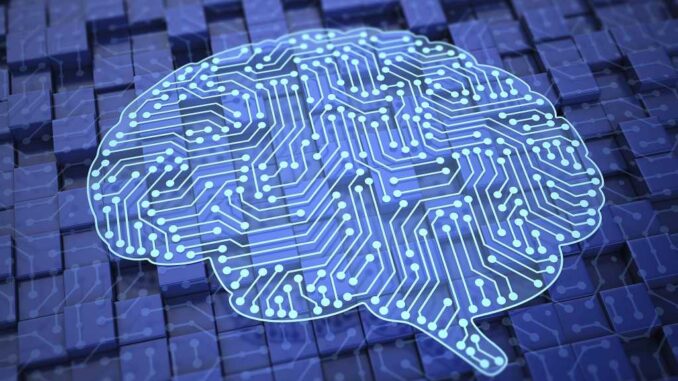
Healthcare AI applications have seen rapid growth and innovation in recent years, leveraging machine learning, natural language processing, computer vision,
and other AI technologies to improve patient care, streamline processes, and enhance healthcare outcomes. Here are some key applications of AI in the healthcare sector:









1. **Diagnostic Tools**:
– **Medical Imaging**: AI algorithms analyze images from X-rays, MRIs, CT scans, and ultrasounds to detect anomalies such as tumors or fractures with high accuracy.
– **Pathology**: AI assists in analyzing tissue samples, detecting cancerous cells, and categorizing diseases.
– **Genomics**: AI helps in interpreting genomic data quickly, identifying genetic variants associated with diseases.
2. **Predictive Analytics**:
– **Risk Assessment**: AI models predict patient risks for diseases, hospital readmissions, or complications based on historical data and risk factors.
– **Epidemic Prediction**: AI analyzes data trends and social media to track outbreaks and predict the spread of infectious diseases.
3. **Personalized Medicine**:
– AI helps tailor treatment plans to individual patients by analyzing the effectiveness of various medications based on genetic, lifestyle, and environmental factors.
4. **Clinical Decision Support Systems (CDSS)**:
– These systems provide healthcare professionals with evidence-based clinical guidelines and recommendations, helping them make informed decisions about patient care.
5. **Natural Language Processing (NLP)**:
– NLP is used to analyze unstructured clinical data in electronic health records (EHRs) to extract meaningful insights, summarize patient notes, and improve documentation accuracy.
6. **Virtual Health Assistants**:
– AI-powered chatbots and virtual assistants provide patients with information, schedule appointments, remind them of medications, and answer health-related queries.
7. **Telemedicine and Remote Monitoring**:
– AI facilitates telehealth platforms that allow remote diagnosis and monitoring of patients through wearable devices and mobile health apps, improving access to care.
8. **Operational Efficiency**:
– AI optimizes hospital operations by predicting patient flow, improving scheduling, and reducing wait times, thereby enhancing overall healthcare service delivery.
9. **Drug Discovery and Development**:
– AI accelerates the drug discovery process by identifying potential drug candidates, predicting their efficacy, and optimizing clinical trial design.
10. **Mental Health Applications**:
– AI tools analyze user inputs to provide mental health support, such as mood tracking apps or chatbots that offer cognitive behavioral therapy techniques.
11. **Fraud Detection**:
– Machine learning algorithms are used to identify and prevent fraudulent activities in billing and insurance claims by spotting unusual patterns.
12. **Healthcare Chatbots**:
– Chatbots provide patients with support for various inquiries, helping to triage symptoms, schedule visits, and answer common health questions.
13. **Training and Education**:
– AI-driven simulations and virtual reality scenarios support training for healthcare professionals, enhancing their skills in diagnosing and treating conditions.
The integration of AI in healthcare is expected to continue growing as technology evolves, improving patient outcomes, reducing costs, and enhancing the efficiency of healthcare delivery systems. However, ethical considerations, data privacy, and regulatory compliance remain crucial in the development and deployment of AI technologies in this sensitive field.


Leave a Reply